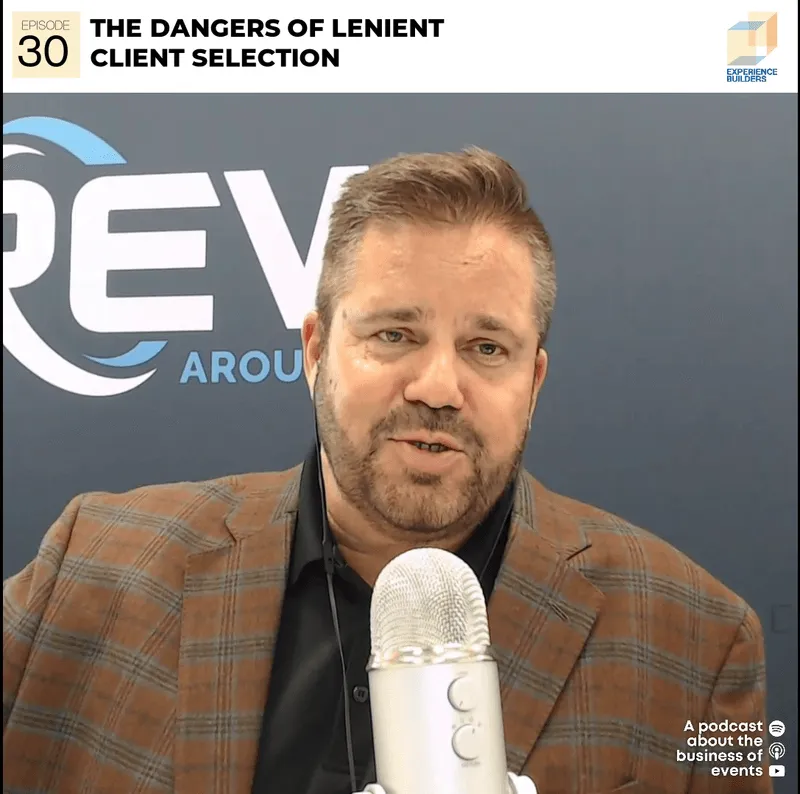 This time, we are going to take a look at reference checks — a difficult, and often unpleasant, subject for many companies. As unbelievable as this sounds, many companies – large and small – never bother to check candidate references. Perhaps it is a part of our aversion to cold-calls —or maybe we do not want to share the fact that we are hiring with a competitor. Whatever— you must always check references. It’s just good business. It could prevent a disaster in your company, or, done properly, could provide important and useful insights for the proper utilization of your future employee.
This time, we are going to take a look at reference checks — a difficult, and often unpleasant, subject for many companies. As unbelievable as this sounds, many companies – large and small – never bother to check candidate references. Perhaps it is a part of our aversion to cold-calls —or maybe we do not want to share the fact that we are hiring with a competitor. Whatever— you must always check references. It’s just good business. It could prevent a disaster in your company, or, done properly, could provide important and useful insights for the proper utilization of your future employee.
Here are five tips to use when reference checking:
1.Get the Right References. Check to see how long each of the references has worked with your candidate. If you are speaking to people who have only known him or her for a short time, this could be a red flag. Ask your candidate for references with whom there’s a history. Also, make sure you’re given a well-rounded group: a manager, a customer, a peer and a even a senior executive who the candidate may not have reported to is a nice mix.
2. Ask the Right Questions. There’s a great old saying, “Ask the right questions, and you’ll get the right answers.” Ask open-ended questions. Use phrases like “tell me a little about . .. ” or “on a scale of one to ten . . .” While there are some stock questions (how long did the candidate work for you, exact title, etc.), keep it conversational! One that we like to use is asking the reference to tell us about what was the most significant contribution that the candidate made to the organization. That’s a great one. We’ve gotten everything from they “kept the kitchen picked up all the time” to “executed the marketing strategy and were single-handedly responsible for the successful IPO of the company.”
IMPORTANT: If you are speaking to a reference who has hired the candidate before, there’s only ONE “yes or no” question you should ask at the end of your conversation — “Would you ever hire this candidate again?” Ask the question and then sit back and listen.
3. Check Them Yourself. Many times we’re asked, “who should check the references?” Answer: The person who has the most to gain -the hiring manager! While good companies make use of their HR department, the person who has the most to gain from these conversations is the person the new hire will be reporting to. This is a golden opportunity to find out how the candidate works, his/her motivations, management style, etc. I guarantee that this quick ten-minute conversation will be a gold mine for you – if you ask the right questions. Don’t pass it up!
4. Get the Facts. The most lied about fact on resumes is education. Make sure you call the college or university listed and ask to verify a degree (schools are more than happy to do this). If there’s any discrepancy between what is on the paper and what the school verifies, straighten this out immediately with your candidate! You may have a problem.
5. Don’t Be Afraid To Establish a Contingency. Remember, if you haven’t done the reference check and you want to make the offer, do it “contingent upon successful completion of references.” This way you won’t lose your candidate to a competitor and you leave yourself a loophole in case those references don’t check out!
So, in the end, it’s a pain and many people think it’s a waste of time. But, it’s important! Like buying a new home – you hope for the best, but only a fool would close the deal without that all-important home inspection. It’s just good business!
Philip Kemper is Founder/President of Kemper Associates, a 40 year old Chicago-based national executive search firm, specializing in Permanent and Contract staffing for Trade Shows and Exhibits, Staging and Equipment Rental, Business Meetings and Events Production, Video, Training and Incentives and more .His more complete bio is on LinkedIn at: http://www.linkedin.com/pub/philip-kemper/2/795/308/ . You may view Kemper Associates’ web site at: www.Kemperassociates.org , and contact Phil with questions or comments, and employment needs at: Kemperassoc@hotmail.com, or his private phone line: (312) 944-6551.































